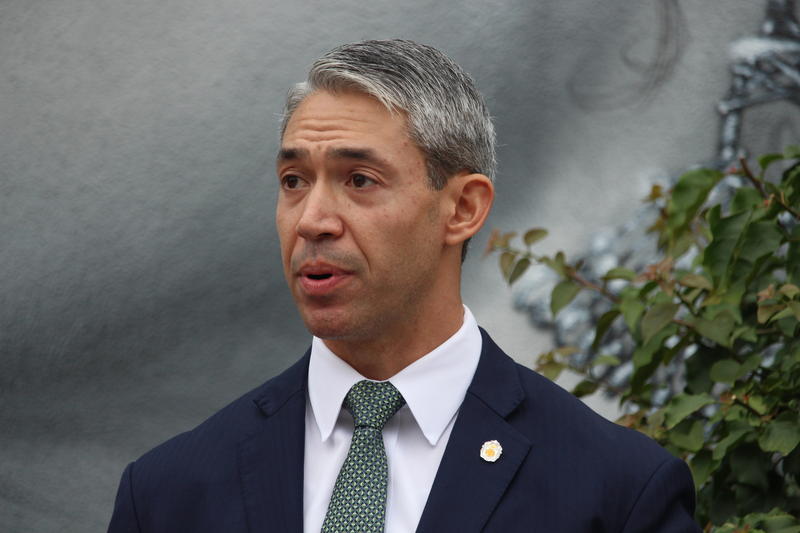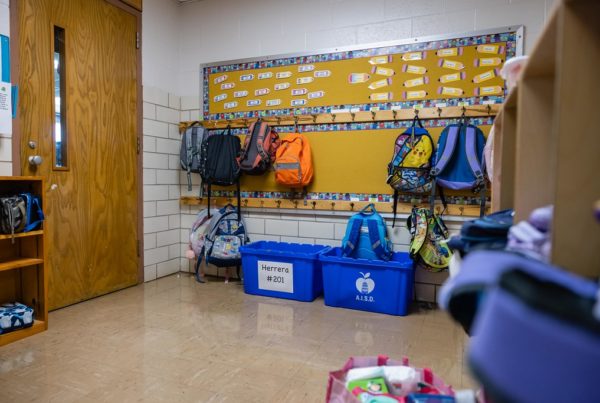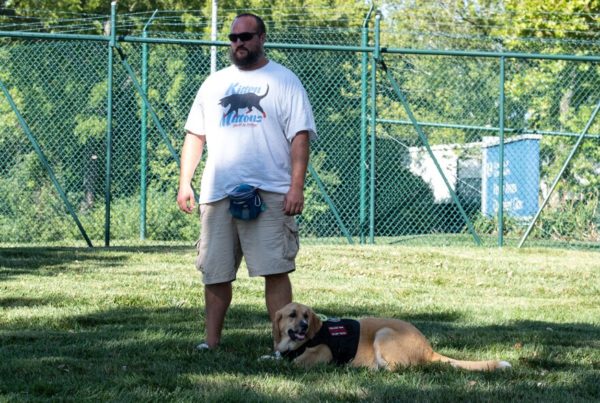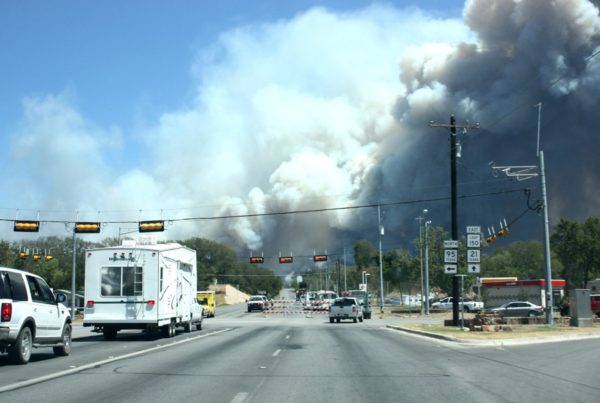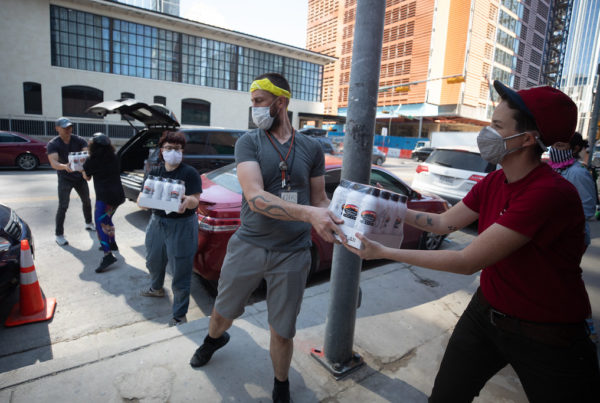More than $35 billion is allotted to Texas through the long-debated infrastructure bill that passed in Congress late last week. President Biden is expected to sign it into law on Monday. Texas will use its share of the $1 trillion package to repair roads and water infrastructure, and expand broadband across the state.
San Antonio Mayor Ron Nirenberg is part of a bipartisan group of Texas big-city mayors who advocated for the bill’s passage. He spoke with Texas Standard about how the money could help San Antonio. Listen to the interview with Nirenberg above or read the transcript below.
This interview has been edited lightly for clarity.
Texas Standard: The bill is passed; the president is expected to sign it into law on Monday. How soon until those federal dollars make it to cities like San Antonio?
Mayor Nirenberg: Well, not soon enough. We know that we had tremendous need with regard to infrastructure prior to the pandemic, and that has only increased exponentially as we’ve seen the damage to the economy during the pandemic. So, the prospects for recovery and an opportunity to be competitive through the next generation is vital and was the impetus behind this infrastructure bill, which we’re grateful for.
I’m looking at this laundry list of spending priorities: public transportation, drinking water infrastructure, airports, bridge replacement and repairs, electric vehicle charging – how are you prioritizing this money in your own thoughts?
Well, for San Antonio the investment is transportation and creating jobs. We have made a substantial investment locally in workforce development. As we look to train tens of thousands of residents for future-proof, well-paying jobs in construction trades, IT [information technology], medical manufacturing and other critical industries. So, the infrastructure bill is complementary to the work that needs to happen at the local level.
The bill’s language calls for roads and bridges to be rebuilt and repaired with a focus on climate-change mitigation and resilience. What does that tell you about what you are going to have to do as you move forward with your plan?
That means that we have to pay extra attention to making smart use of these investments with regard to resilience of our infrastructure. And that’s something that has been true for several years here in San Antonio and cities throughout Texas. We have had to lead on issues of climate change in the absence of federal leadership over the last several years until now, when the Infrastructure [Investment] and Jobs Act has this as part of its core values set. I think it’s going to be absolutely important that we do that. As we’ve seen, climate change impacts, directly, our coastal communities, but also throughout the state of Texas, as a result of things like Winter Storm Uri. These are only going to get more frequent and more impactful, and we have to make our infrastructure investments accordingly.
In the United States, there is a long history of Black and brown communities being negatively impacted by infrastructure projects – interstates running through communities, for example. How will San Antonio respond to historic harms, and plan for future projects to be more equitable?
In San Antonio, we’ve used an equity framework to budget our local resources, now going on five years since I’ve been mayor. So the equity component of our infrastructure investments is absolutely foundational. And as we’ve seen climate change impacts, the mitigation of climate impacts is an equity issue. So we have built our climate action adaptation plan here at San Antonio on a framework of climate equity first. So we view those as two interests that are working in parallel, and those investments need to be made with that mindset going forward.
Are you concerned that once the money is distributed to Texas that there might be some politics there? Getting those dollars sent to the cities versus rural areas, for example. Is that going to be an issue for you?
We’ve advocated – Republicans and Democrats here in Texas – we’ve also advocated for direct allocation to the cities, because we know our local needs best. So there is that risk of dollars getting bottlenecked at the state, as we’ve seen in CARES [Coronavirus Aid, Relief, and Economic Security Act] and ARPA [American Rescue Plan Act]. So, we’re going to be working through our state delegations as well to make sure that those dollars are put forward efficiently. Of course, on the transportation side, most of that comes down through MPO [Metropolitan Planning Organizations] types of funding allocations. So we’re going to be mindful of that. And that’s the next round of the battle here locally for us.
Do you see it as a major battle? I mean, do you see this as a fight looming? Especially with the elections coming up?
I wouldn’t be honest if I didn’t say yes. I do see it as an issue. Everything in Texas right now happening up there is political. I hope we can be mindful that these are all our constituents, and time will tell with that.


